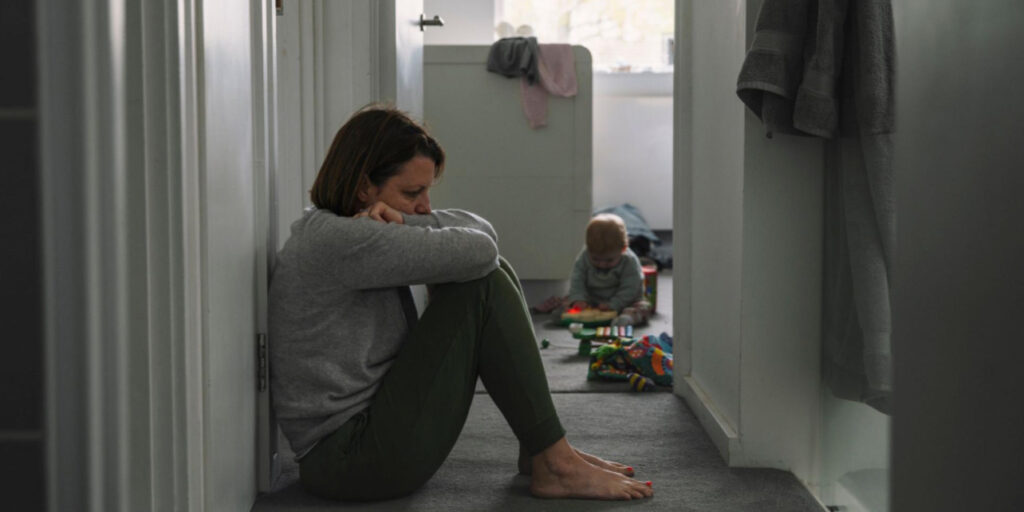Official data indicates that temporary housing has been linked to the deaths of at least 74 children in England over the past five years, with 58 of these fatalities being infants under one year of age.
The data, sourced from the NHS-funded National Child Mortality Database, has been described as “shocking” by Dame Siobhain McDonagh, MP and chair of the All-Party Parliamentary Group for Households in Temporary Accommodation.
She highlighted the grave concern that these deaths represent more than one child’s death per month in one of the world’s leading economies.
The Housing Secretary and Deputy Prime Minister, Angela Rayner, has responded to these troubling statistics by promising a governmental intervention that will allocate £1 billion to local councils to secure “safe, secure, and stable housing” for those in need.
The report suggests that the risk of child fatalities increases in environments where homelessness intersects with overcrowding, damp conditions, and inadequate sleeping arrangements for young children, such as the lack of cots and Moses baskets.
Although recent government guidelines have advised local councils to facilitate access to cots for children under two years of age, Dame Siobhain insists that this recommendation should become mandatory to eradicate deaths in temporary housing.
Currently, a record 123,000 families reside in temporary accommodation across England, which can range from hotels and hostels to caravans and holiday parks, often leading to multiple relocations for the families involved.
The personal account of Danielle from West London, who has been living in a hotel for four months, underscores the inadequacies of such temporary solutions.
She expressed her concern about the unsuitability of these accommodations for families, describing how she had to adapt her living conditions by purchasing bunk beds and a travel cot to improve safety and comfort for her children.
She also shared the challenges of maintaining hygiene in cramped conditions and the health impact on her children, who are frequently ill due to the substandard living environment.
Ealing Council acknowledged the unprecedented demand for emergency housing and the effort to reduce the number of residents in temporary accommodation, stating that rapid relocations from hotels to bed and breakfasts and eventually to more suitable housing are underway.


